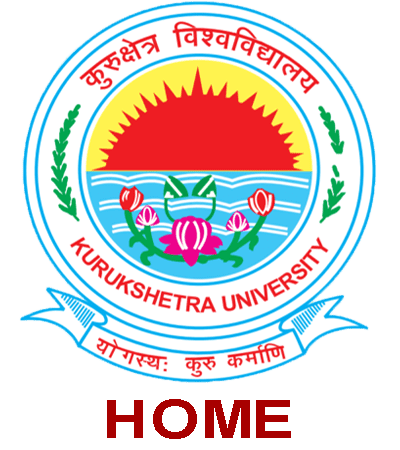Department of Microbiology
Kurukshetra University, Kurukshetra
Main Menu
Doctoral
Programme Information(PhD)
|
Name of the Programme |
PhD in Microbiology |
||||
|
Scheme of the programme |
Paper No. |
Paper name |
Max. Marks |
Credits |
Exam time |
|
Paper – I |
Research Methodology |
100 |
4 |
3 hrs |
|
|
Paper -II |
Subject elective |
100 |
4 |
3 hrs |
|
|
Paper -III |
(a) Research & Publication Ethics |
50 |
2 |
|
|
|
(b) Seminar in thrust area / Research Assignment/ Literature/ Survey etc. |
50 |
2 |
|
||
|
|
|
PhD Research |
Research |
Viva |
|
Haryana
Copyright © 2020 Kurukshetra University, Kurukshetra. All Rights
Reserved.
Powered by: Dexpert Systems
Pvt Ltd

